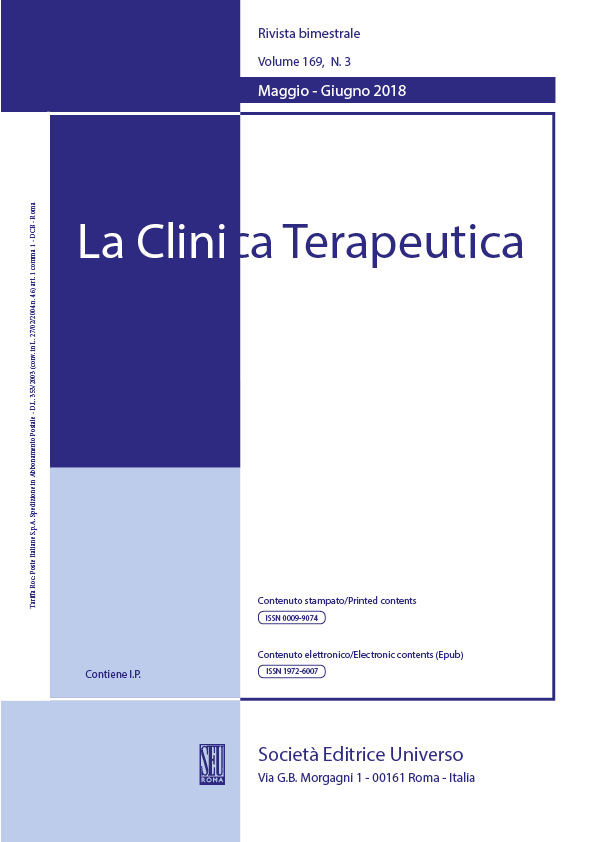Abstract
Objectives
The aim of this study was to evaluate the impact of premature progesterone rise on the day of human chorionic gonadotropin (hCG) administration on the outcome of in vitro fertilization (IVF) of frozen embryo transfer (FET) cycles using cleavage-stage embryos.
Methods
This was a retrospective, cohort study of 131 ovarian stimulation cycles followed by cleavage-stage frozen embryo transfers. The first group consisted of women undergoing FET due to premature luteinization during controlled ovarian stimulation (n = 56, P ≥1.2 ng/ml). The controls were represented by women undergoing FET not complicated by high progesterone levels at induction (n = 75, P < 1.2 ng/ml). For both groups, the progesterone was measured on the day of hCG administration and the fertilization rate, cleavage rate, implantation rate, clinical pregnancy rate, ongoing pregnancy rate and Top-Quality Embryos (TQE) rates were compared.
Results
The increase of progesterone in patients of the Group A had no significant effects on the number of oocytes retrieved or available for the insemination. The fertilization rate, cleavage rate and implantation rates, as well as the clinical pregnancy rate and ongoing pregnancy were very similar in both study groups. The analysis of TQE rates between the two groups indicated a roughly comparable result.
Conclusions
The results of this study showed that progesterone elevation on the day of hCG administration did not affect the outcomes of IVF with frozen embryos at cleavage stage. This study therefore confirms that for patients with high progesterone levels the right way to obtain a healthy pregnancy should be to delay the embryo transfer at a successive FET cycle, not associated with the ovarian stimulation
